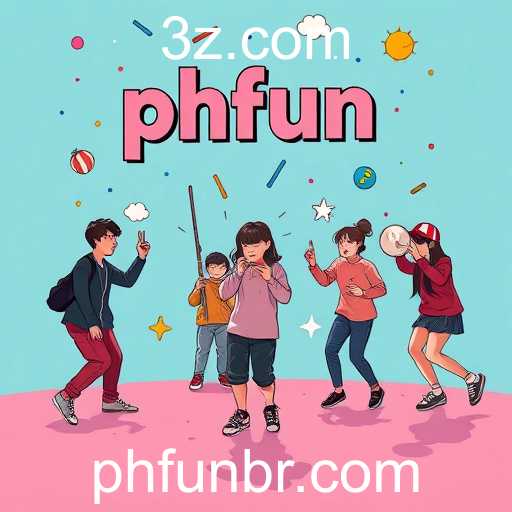In recent years, the educational landscape has undergone a significant transformation. A notable catalyst in this evolution is the advent of 'phfun,' a revolutionary approach to integrating fun and play into the learning process. As we navigate through 2025, phfun has become a central focus in discussions about how technology and innovation can enhance educational experiences.
Phfun, an amalgamation of 'fun' and 'physics,' is now widely recognized as a method that harnesses the power of interactive technologies to make learning more engaging. As part of this broader trend, schools and educational platforms are increasingly incorporating digital tools and gamified content that capture the imaginations of students, thereby rekindling their curiosity.
This approach is not without its critics. Some educators express concern that the rapid integration of technology might overshadow fundamental learning objectives. However, proponents argue that when properly balanced, technology can not only meet but exceed educational standards by providing dynamic and personalized learning experiences.
Recent reports have illustrated the success of phfun-oriented curriculums in improving student engagement and retention rates across various subjects. For instance, a study conducted by the Educational Innovation Institute found that students participating in gamified learning environments exhibited a 20% increase in knowledge retention compared to traditional educational methods.
Furthermore, the rising trend of phfun has prompted companies to innovate and create more sophisticated educational software. Startups are springing up at a rapid pace, all aiming to capture a slice of the booming edu-tech market. In 2025, this market is projected to surpass the $300 billion mark, reflecting both the demand and investment in this burgeoning sector.
The dynamics of education are continually evolving, with phfun marking a critical point of intersection between playfulness and learning. As technology continues to advance, educators and policymakers must work in tandem to ensure that these tools are implemented ethically and effectively, fostering an environment where every student can thrive.
Ultimately, phfun represents a paradigm shift, challenging old notions of education and daring educators to think outside the conventional classroom box. Embracing this change could potentially revolutionize how knowledge is imparted, making learning an enjoyable and enriching experience for future generations.








